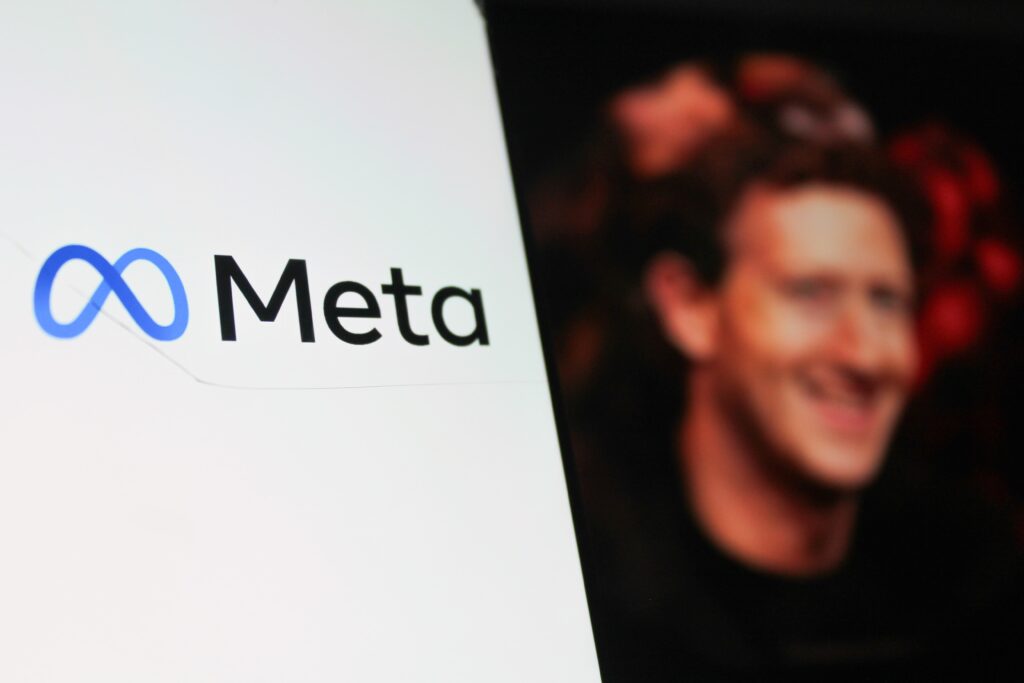Meta has presented new smart glasses powered by artificial intelligence. The company aims to make them essential accessories across the globe.
Meta Connect reveals new products
At the Meta Connect developer conference, CEO Mark Zuckerberg showcased several devices created with Ray-Ban and Oakley. One highlight was a neural wristband. It connects to the Meta Ray-Ban Display glasses and lets users send messages with simple hand gestures.
The launch came as Meta faces growing criticism of its platforms. Activists highlight risks for children in particular. Zuckerberg called the innovation a “huge scientific breakthrough.” He spoke before hundreds of guests at the company’s Silicon Valley headquarters.
Key functions of the glasses
The Meta Ray-Ban Display includes a high-resolution color screen inside one lens. It enables video calls and displays messages directly. The device also comes with a 12-megapixel camera.
Zuckerberg expects the smart glasses to become a main entry point for Meta AI in daily life. Analysts predict better chances for the product than for the expensive Metaverse project. Virtual worlds have so far failed to win mass users.
“Unlike VR headsets, glasses are practical and light to wear,” said Mike Proulx, Research Director at Forrester. He added: “Meta still needs to persuade consumers that the value justifies the cost.”
Prices and market outlook
Meta has not provided sales numbers. Industry observers estimate around two million smart glasses sold since 2023. The new Display model launches this month at $799, about £586. That makes it far pricier than Meta’s earlier models.
Leo Gebbie of CCS Insight doubts the Display will match previous success. “Ray-Bans proved popular because they are discreet, easy, and affordable,” he explained.
Zuckerberg also revealed Oakley Meta Vanguard glasses designed for athletes at $499. In addition, Meta launched the second generation of Ray-Ban Meta glasses, starting at $379.
Expanding AI infrastructure
Meta is investing vast sums into artificial intelligence. In July, Zuckerberg announced hundreds of billions of dollars for new US data centers. One of the sites will be nearly as large as Manhattan.
The company is also hiring experts from rivals. Its long-term goal is to build “superintelligence,” an AI system able to surpass human abilities.
Protests against Meta’s platforms
On Wednesday, parents and activists gathered outside Meta’s New York headquarters. They demanded stronger safety measures for children using the company’s platforms.
Last week, two former Meta safety researchers testified before the US Senate. They said the company concealed potential dangers for children in its virtual products. Jason Sattizahn and Cayce Savage claimed Meta blocked internal research that might reveal harm.
Meta rejected the allegations and called them “nonsense.”


